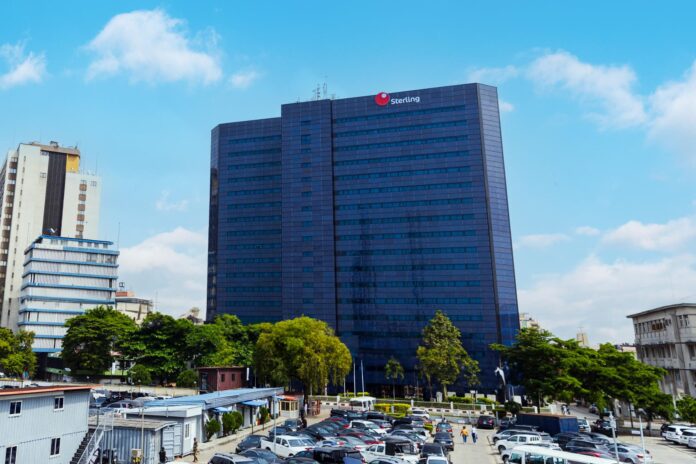As Sterling Financial Holdings Company Plc (Sterling HoldCo) aims at N149.27 billion gross revenue for the fourth quarter of 2025, the group seeks to build on the amazing momentum of the first half of the year.
Supported by greater operating income and efficient cost management, the group’s filing on the Nigerian Exchange (NGX) projects profit after tax to be N16.25 billion.
Sterling HoldCo’s conviction in its income forecast comes from its capacity to diversify revenue streams while still adhering to fiscal discipline; The News Chronicle gathered.
The group is positioning itself not only to provide steady shareholder returns but also to strengthen by balancing interest income growth with wise expense management. its long-run plan of innovation and industry-targeted expansion in Nigeria’s economy.
Sterling HoldCo projects interest income of N116.73 billion in its Q4 outlook, with interest expenses estimated at N42.88 billion for net earnings from funds to be N73.85 billion.
At N16.84 billion, credit impairment charges are expected; other income is projected at N28.37 billion; net operating income of N85.37 billion is produced. The company forecasts profit before tax at N18.13 billion and profit after tax at N16.25 billion after considering operational costs of N67.24 billion.
Furthermore, pointing to a better liquidity position is the balance sheet perspective. Net cash from operating activities is projected at N13.56 billion, along with N266.16 billion from financing inflows and N187.93 billion from investing activities. This will result in a net cash rise of N91.79 billion, therefore raising ending balances to N549.9 billion from N458.11 billion at the beginning of the quarter.
Sterling HoldCo had previously reported a 157 percent increase in profit after tax for H1 2025, with gross income up virtually 40 percent to N212.61 billion. Earnings per share also increased to 89 kobo from 56 kobo, pointing towards fresh investor faith in the direction of the group.
Sterling HoldCo argues looking ahead that its capacity for resilience rests on liquidity strength, cash flow generation, and a dedication to promoting growth areas of the Nigerian economy. Although market conditions and policy changes continue to affect these projections, the company’s strong financial footing suggests its readiness to keep creating value.



